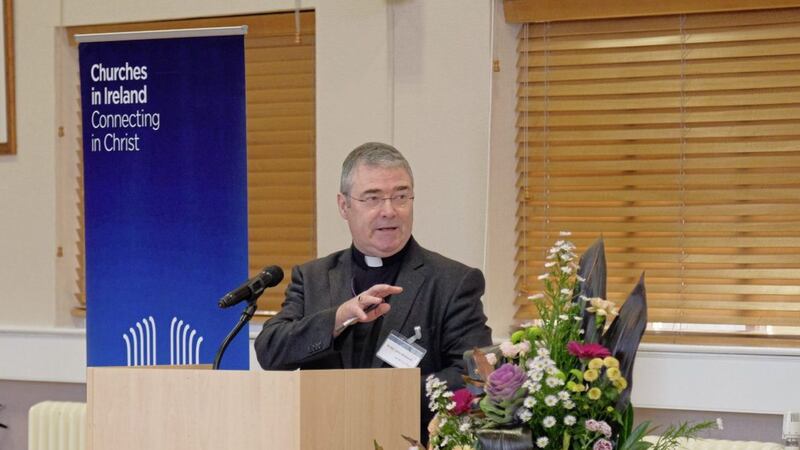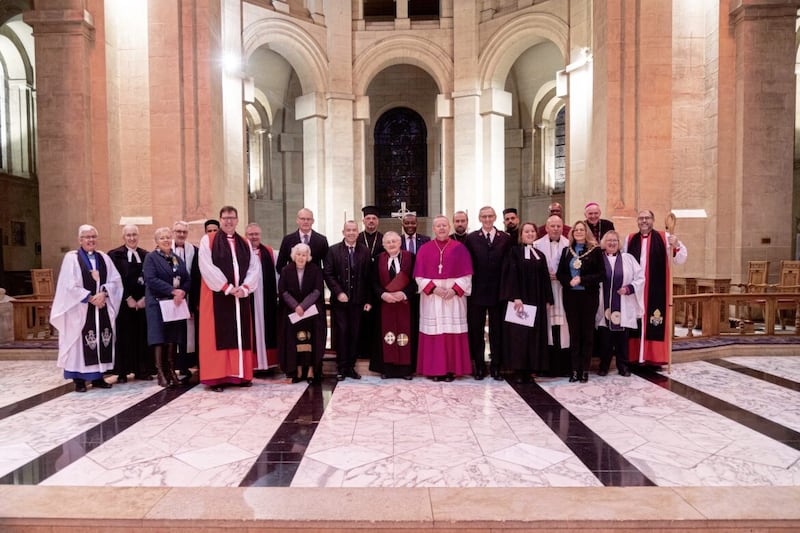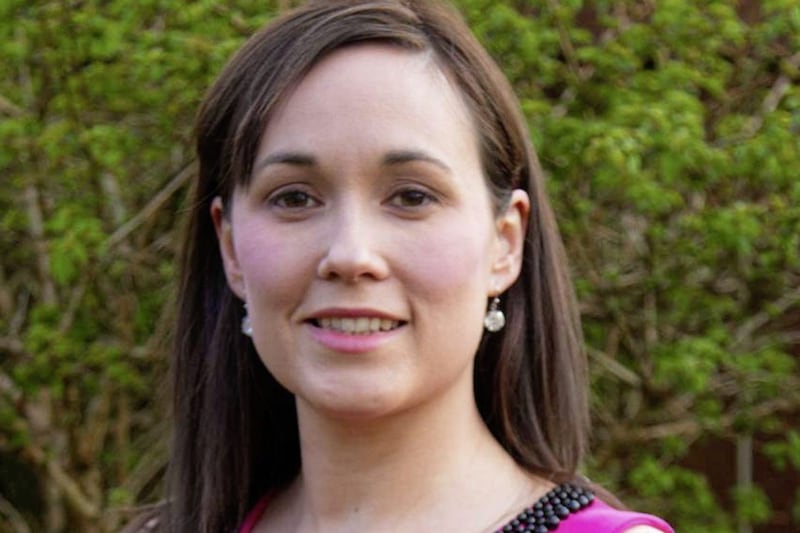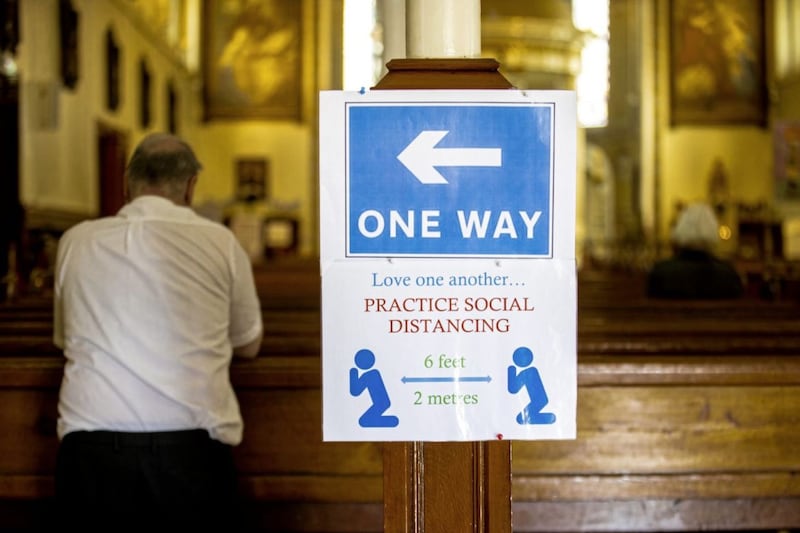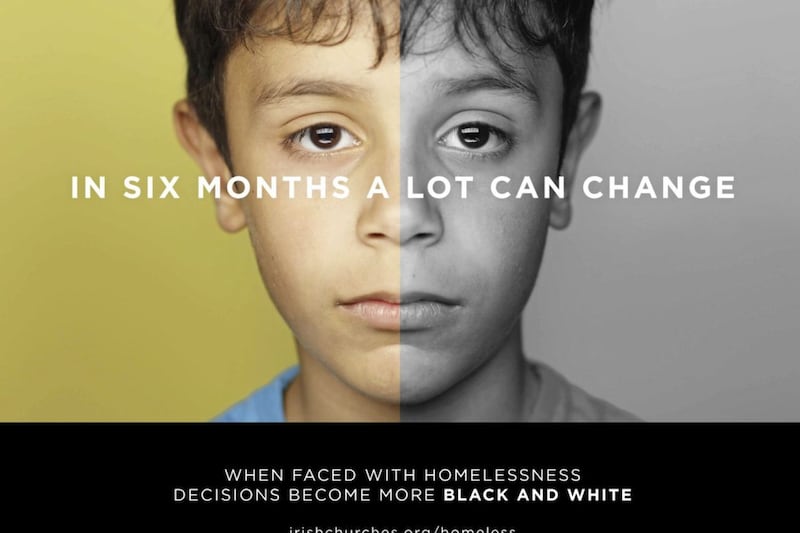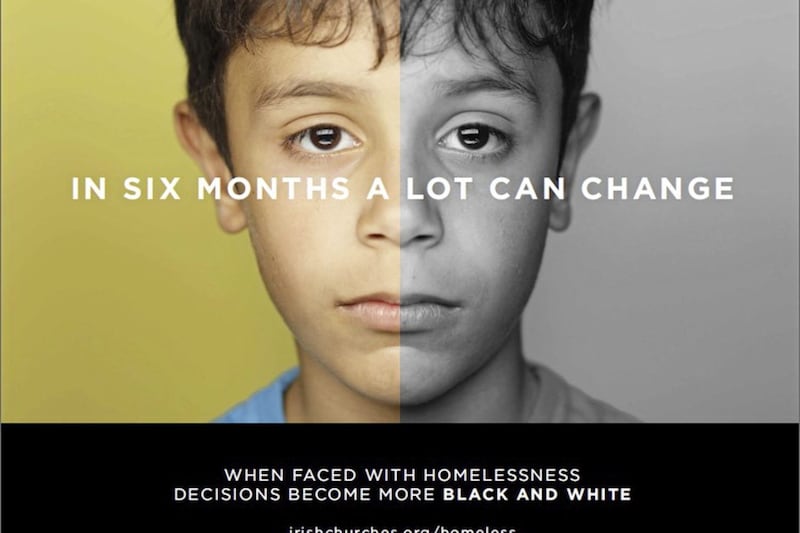THE theme of this year's Irish Inter-Church Meeting - the annual dialogue between the member churches of the Irish Council of Churches and the Irish Catholic Bishops' Conference - was 'Proclaiming Christ to Families Today'.
The IICM helps to set the agenda for our work for the coming year. When much of the work of the Catholic Bishops' Conference will be focused on preparations for the hosting of the World Meeting of Families and a possible Papal visit in 2018, it made sense to take this as our theme.
There was also a strong sense that a focus on the family goes to the heart of so much of what we do in the Inter-Church structures, particularly with some of the social issues that have been high on our agenda in recent years, including homelessness, welfare reform, supporting refugees and migrants as well as mental health and suicide prevention.
Our starting point was a series of theological reflections that underlined the close relationship between families and the Church as a 'family of families'.
There was a real value in exploring together what motivates and inspires us in this work, as well as those aspects that challenge and concern us.
The pastoral care of the family is a crucial part of what we, as Churches, contribute to the wider society.
Consequently it was important to open this dialogue to others working in different areas and compare experiences, exploring what we might learn from each other.
In his keynote address, Professor Gordon Harold, Professor of Child and Adolescent Mental Health at the University of Sussex, shared the findings of his research into the impact of inter-parental relationships on the mental health of children and young people.
Too many parents are not getting the support they need to help their children achieve their full potential, and feel trapped by circumstances beyond their control
This research, from the field of psychology, affirmed the experience of many of those working in pastoral care for the family in our churches.
They have witnessed first-hand the life-changing impact of targeted support for families in key areas, such as marriage counselling, marriage enrichment, parenting courses and bereavement support.
Prof Harold was able to demonstrate, with reference to different international contexts, the interconnectedness of this work, arguing, for example, that parenting courses, or child-centred interventions alone, will not be sufficient to change outcomes if the parents are going through relationship problems and the child is witnessing ongoing or poorly resolved conflict.
It was reassuring to have this evidence to support the kind of holistic, long-term approach which has been consistently highlighted by churches in our advocacy to government.
Looking in detail at the Irish context, in both jurisdictions, guided by practitioners from both within and beyond the faith sector, we were challenged to be more proactive in addressing the many ways our society is still failing to protect vulnerable families.
If we were to summarise the main message of the day in a headline, it would be 'breaking the cycle'.
Too many parents are not getting the support they need to help their children achieve their full potential, and feel trapped by circumstances beyond their control.
Many children growing up in these situations are themselves future parents, at risk of passing on the disadvantage they experience unless they receive the necessary interventions.
We were reminded that our leadership is important because of the Christian values we bring to the debate.
If, as Professor Harold's research demonstrates, early intervention is key, then one of the most important contributions we can make is through tackling the stigma that brands families in difficulty as 'problem families' and parents who are struggling as 'failures'.
We need to do more to ensure our church communities are a welcoming and safe space for those who need help and support, whether spiritual, emotional or practical, and recognising that a combination of all of these will often be required.
This is also true in the case of those for whom the family is not a safe space as a result of domestic violence or other forms of abuse and who need to be supported to protect themselves from harm.
We come away from this dialogue greatly encouraged by our shared sense of mission and values, and inspired by many practical examples of ways we can make a difference.
We were also challenged to self-critical reflection on how effectively we are living out the calling to be a family of families in our society today, by speaking out on behalf of those in need and ensuring that in our local church communities they will find love, compassion and acceptance.
- The Irish Inter-Church Meeting was held at Dromatine Retreat and Conference Centre from November 23-24.
- Bishop John McDowell is the Church of Ireland Bishop of Clogher. He is president of the Irish Council of Churches and co-chair of the Irish Inter-Church Meeting.
